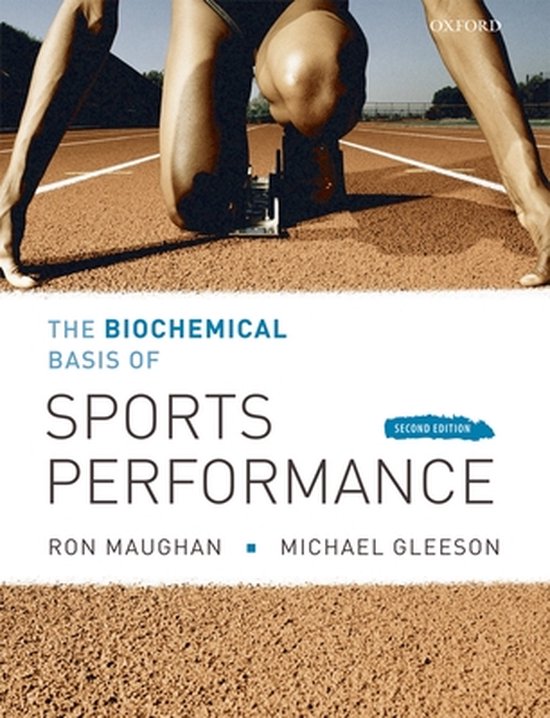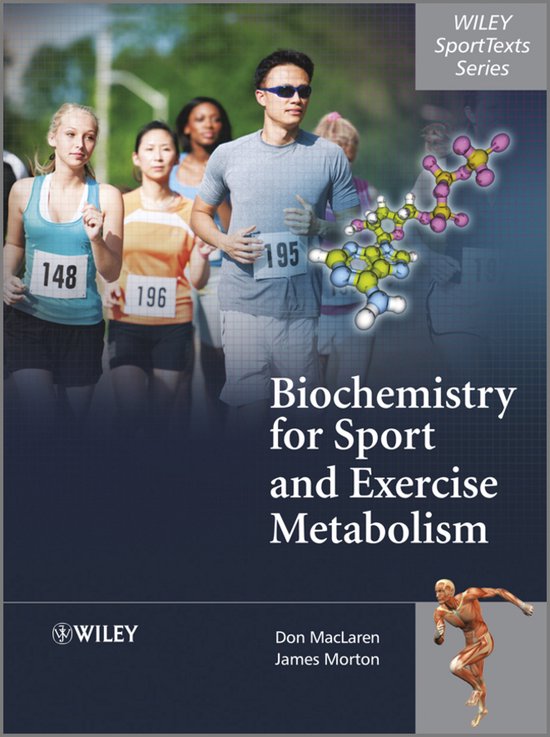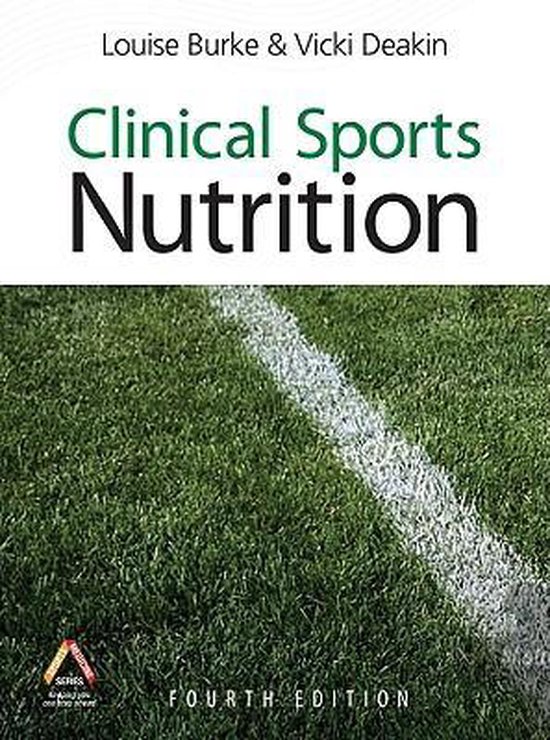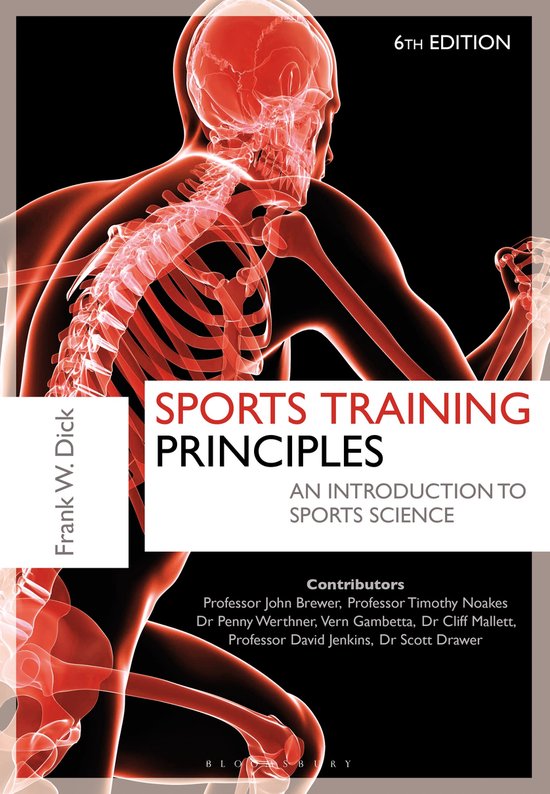
Biochemical Basis Of Sports Perfomance
Introduces the student of sports science or exercise physiology to the biochemical processes that underpin exercise performance and the adaptations that occur with training. The principles of exercise biochemistry are introduced in a context that is immediately relevant to the student of sports science.
Some understanding of the biochemistry of exercise is fundamental to any study of the factors that contribute to sports performance. It is the physical, chemical and biochemical properties of cells and tissues that determine the physiological responses to exercise, and yet the teaching of exercise biochemistry is poorly developed compared with exercise physiology. Where the subject is taught, the student often finds the approach somewhat daunting, with its focus on thermodynamics, chemical structures and metabolic pathways. Many students find the subject difficult, when it should not be so. This book introduces the student of sports science or exercise physiology to the biochemical processes that underpin exercise performance and the adaptations that occur with training. The focus is on skeletal muscle metabolism and the provision of energy for working muscles and the principles of exercise biochemistry are introduced in a context that is immediately relevant to the student of sports science. Instead of the traditional approach of working through the main classes of biomolecules and metabolic pathways, the subject is tackled by considering the biochemical processes involved in energy provision for different sports events and the way in which limitations in energy supply can cause fatigue, and thus limit performance. Recovery from exercise is important for athletes who train and compete with only a limited rest period, and the biochemical processes that influence recovery and restoration of performance capacity are also addressed. The processes fuelling the activities that contribute to sport form the core of this book, together with the changes that occur with training and the role of diet in providing the necessary fuels. But sporting talent is a rare gift, and a brief description of its hereditary basis is included. · A complete introduction to the biochemical basis of sports performance, appealing to undergraduate students, coaches, and athletes · Numerous links made between biochemistry and physiology for an integrated view of the subject · The student is directed to carefully chosen further reading articles, allowing them to readily explore key topics in more detail Online Resource Centre The Online Resource Centre to accompany The Biochemical Basis of Sports Performance features: For students: · 'In the News' updates · Multiple choice questions · Hyperlinked bibliography · Extended case study following an athlete through a season, with exercises For lecturers: · Figures from the book, available to download
Some understanding of the biochemistry of exercise is fundamental to any study of the factors that contribute to sports performance. It is the physical, chemical and biochemical properties of cells and tissues that determine the physiological responses to exercise, and yet the teaching of exercise biochemistry is poorly developed compared with exercise physiology. Where the subject is taught, the student often finds the approach somewhat daunting, with its focus on thermodynamics, chemical structures and metabolic pathways. Many students find the subject difficult, when it should not be so. This book introduces the student of sports science or exercise physiology to the biochemical processes that underpin exercise performance and the adaptations that occur with training. The focus is on skeletal muscle metabolism and the provision of energy for working muscles and the principles of exercise biochemistry are introduced in a context that is immediately relevant to the student of sports science. Instead of the traditional approach of working through the main classes of biomolecules and metabolic pathways, the subject is tackled by considering the biochemical processes involved in energy provision for different sports events and the way in which limitations in energy supply can cause fatigue, and thus limit performance. Recovery from exercise is important for athletes who train and compete with only a limited rest period, and the biochemical processes that influence recovery and restoration of performance capacity are also addressed. The processes fuelling the activities that contribute to sport form the core of this book, together with the changes that occur with training and the role of diet in providing the necessary fuels. But sporting talent is a rare gift, and a brief description of its hereditary basis is included. · A complete introduction to the biochemical basis of sports performance, appealing to undergraduate students, coaches, and athletes · Numerous links made between biochemistry and physiology for an integrated view of the subject · The student is directed to carefully chosen further reading articles, allowing them to readily explore key topics in more detail Online Resource Centre The Online Resource Centre to accompany The Biochemical Basis of Sports Performance features: For students: · 'In the News' updates · Multiple choice questions · Hyperlinked bibliography · Extended case study following an athlete through a season, with exercises For lecturers: · Figures from the book, available to download
| Auteur | | Ronald J. Maughan |
| Taal | | Engels |
| Type | | Paperback |
| Categorie | | Sport & Outdoor |





